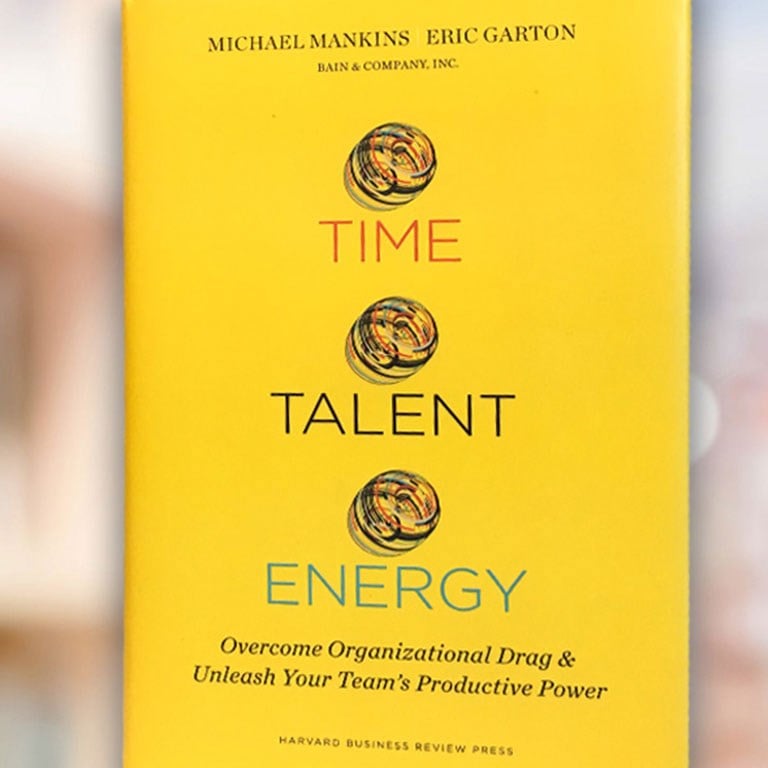Harvard Business Review
This article originally appeared on Harvard Business Review (subscription may be required).
For most of the past 50 years, business leaders viewed financial capital as their most precious resource. They worked hard to ensure that every penny went to funding only the most promising projects. A generation of executives was taught to apply hurdle rates that reflected the high capital costs prevalent for most of the 1980s and 1990s. And companies like General Electric and Berkshire Hathaway were lauded for the discipline with which they invested.

Today financial capital is no longer a scarce resource—it is abundant and cheap. Bain’s Macro Trends Group estimates that global financial capital has more than tripled over the past three decades and now stands at roughly 10 times global GDP. As capital has grown more plentiful, its price has plummeted. For many large companies, the after-tax cost of borrowing is close to the rate of inflation, meaning that real borrowing costs hover near zero. Any reasonably profitable large enterprise can readily obtain the capital it needs to buy new equipment, fund new product development, enter new markets, and even acquire new businesses. To be sure, leadership teams still need to manage their money carefully—after all, waste is waste. But the skillful allocation of financial capital is no longer a source of sustained competitive advantage.
The assets that are in short supply at most companies are the skills and capabilities required to translate good growth ideas into successful new products, services, and businesses—and the traditional financially driven approach to strategic investment has only compounded this paucity. Indeed, the standard method for prioritizing strategic investments strives to limit the field of potential projects and encourages companies to invest in a few “sure bets” that clear high hurdle rates. At a time when most companies are desperate for growth, this approach unnecessarily forecloses too many options. And it encourages executives to remain committed to investments long after it’s clear that they’re not paying off. Finally, it leaves companies with piles of cash for which executives often find no better use than to buy back stock.

The New Rules of Strategy
Capital is cheap. Ideas are not. It's time to rethink how to win in business.
Strategy in the new age of capital superabundance demands a fundamentally different approach from the traditional models anchored in long-term planning and continual improvement. Companies must lower hurdle rates and relax the other constraints that reflect a bygone era of scarce capital. They should move away from making a few big bets over the course of many years and start making numerous small and varied investments, knowing that not all will pan out. They must learn to quickly spot—and get out of—losing ventures, while aggressively supporting the winners, nurturing them into successful new businesses. This is the path already taken by firms innovating in rapidly evolving markets, but in an era of cheap capital, it will become the dominant model across the business economy. Companies that practice this strategy will have the edge so long as capital remains superabundant—and according to our analysis, that could be the case for the next 20 years or more. In this article, we outline what it takes to produce great results in this new world. We begin by taking a closer look at the data.
Read the full article in the Harvard Business Review.
A version of this article appeared in the March–April 2017 issue (pp.66–75) of Harvard Business Review.
Michael Mankins is a partner in Bain & Company’s San Francisco office and a leader in the firm’s Organization practice. He is a coauthor of Time, Talent, Energy: Overcome Organizational Drag and Unleash Your Team’s Productive Power (Harvard Business Review Press, 2017). Karen Harris is the managing director of Bain & Company’s Macro Trends Group and is based in New York. David Harding is an advisory partner in Bain & Company’s Boston office and the former leader of the Global Mergers & Acquisitions practice. He is a coauthor of Mastering the Merger: Four Critical Decisions That Make or Break the Deal (Harvard Business School Press, 2004).

Time, Talent, Energy
Learn more about how the best companies manage their people's time, talent and energy with as much discipline as they do their financial capital.